-
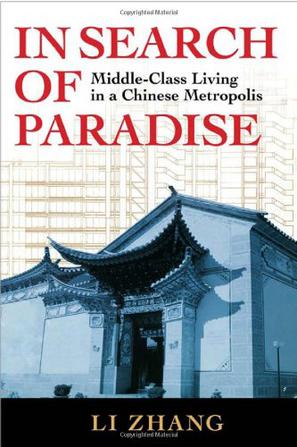
In Search of Paradise
-
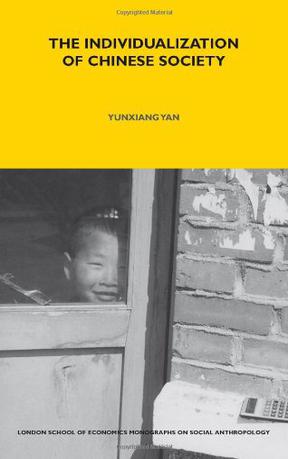
The Individualization of Chinese Society
Chinese society has seen phenomenal change in the last 30 years. Two of the most profound changes have been the rise of the individual in both public and private spheres and the consequent individualisation of Chinese society itself. Yet, despite China's recent dramatic entrance into global politics and economics, neither of these significant shifts has been fully analysed. China presents an alternative model of social transformation in the age of globalisation; therefore, its path to development may have particular implications for the developing world. The Individualization of Chinese Society reveals how individual agency has been on the rise since the 1970s and how this has affected everyday life and Chinese society more broadly. The book presents a wide range of detailed case studies focusing on the impact of economic policy, patterns of kinship, changes in marriage relations and the socio-economic position of women, the development of youth culture, the politics of consumerism, and shifting power relations in everyday life. Exploring the rise of the individual in both rural and urban settings, The Individualization of Chinese Society provides a detailed overview of this major social phenomenon and its wider implications. About the Author/Editor -
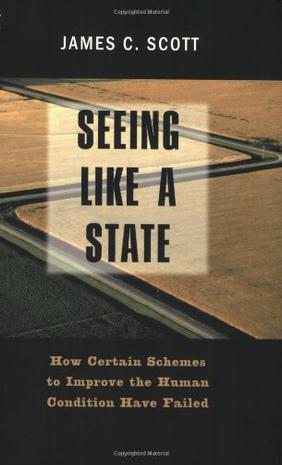
Seeing Like a State
Compulsory ujamaa villages in Tanzania, collectivization in Russia, Le Corbusier's urban planning theory realized in Brasilia, the Great Leap Forward in China, agricultural "modernization" in the Tropics -- the twentieth century has been racked by grand utopian schemes that have inadvertently brought death and disruption to millions. Why do well-intentioned plans for improving the human condition go tragically awry? In this wide-ranging and original book, James C. Scott analyzes failed cases of large-scale authoritarian plans in a variety of fields. Centrally managed social plans misfire, Scott argues, when they impose schematic visions that do violence to complex interdependencies that are not -- and cannot -- be fully understood. Further, the success of designs for social organization depends upon the recognition that local, practical knowledge is as important as formal, epistemic knowledge. The author builds a persuasive case against "development theory" and imperialistic state planning that disregards the values, desires, and objections of its subjects. He identifies and discusses four conditions common to all planning disasters: administrative ordering of nature and society by the state; a "high-modernist ideology" that places confidence in the ability of science to improve every aspect of human life; a willingness to use authoritarian state power to effect large-scale interventions; and a prostrate civil society that cannot effectively resist such plans. "A broad-ranging, theoretically important, and empirically grounded treatment of the modern state and its propensity to simplify and make legible a society which by nature is complex and opaque. For anyone interested inlearning about this fundamental tension of modernity and about the destruction wrought in the twentieth century as a consequence of the dominant development ideology of the simplifying state, this is a must-read". -- Daniel Jonah Goldhagen, author of Hitler's Willing Executioners -
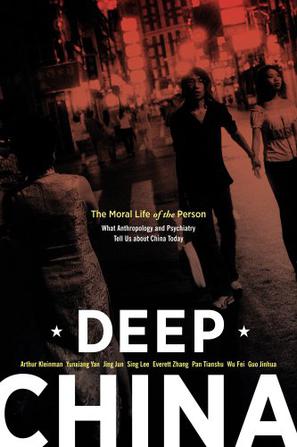
Deep China
Deep China investigates the emotional and moral lives of the Chinese people as they adjust to the challenges of modernity. Sharing a medical anthropology and cultural psychiatry perspective, Arthur Kleinman, Yunxiang Yan, Jing Jun, Sing Lee, Everett Zhang, Pan Tianshu, Wu Fei, and Guo Jinhua delve into intimate and sometimes hidden areas of personal life and social practice to observe and narrate the drama of Chinese individualization. The essays explore the remaking of the moral person during China’s profound social and economic transformation, unraveling the shifting practices and struggles of contemporary life. -

Deep China
Deep China investigates the emotional and moral lives of the Chinese people as they adjust to the challenges of modernity. Sharing a medical anthropology and cultural psychiatry perspective, Arthur Kleinman, Yunxiang Yan, Jing Jun, Sing Lee, Everett Zhang, Pan Tianshu, Wu Fei, and Guo Jinhua delve into intimate and sometimes hidden areas of personal life and social practice to observe and narrate the drama of Chinese individualization. The essays explore the remaking of the moral person during China’s profound social and economic transformation, unraveling the shifting practices and struggles of contemporary life. -
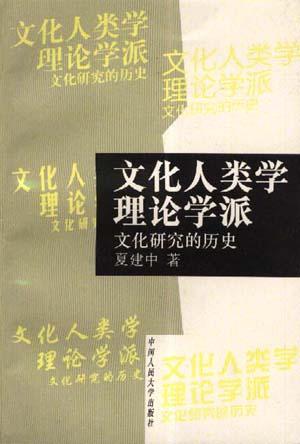
文化人类学理论学派